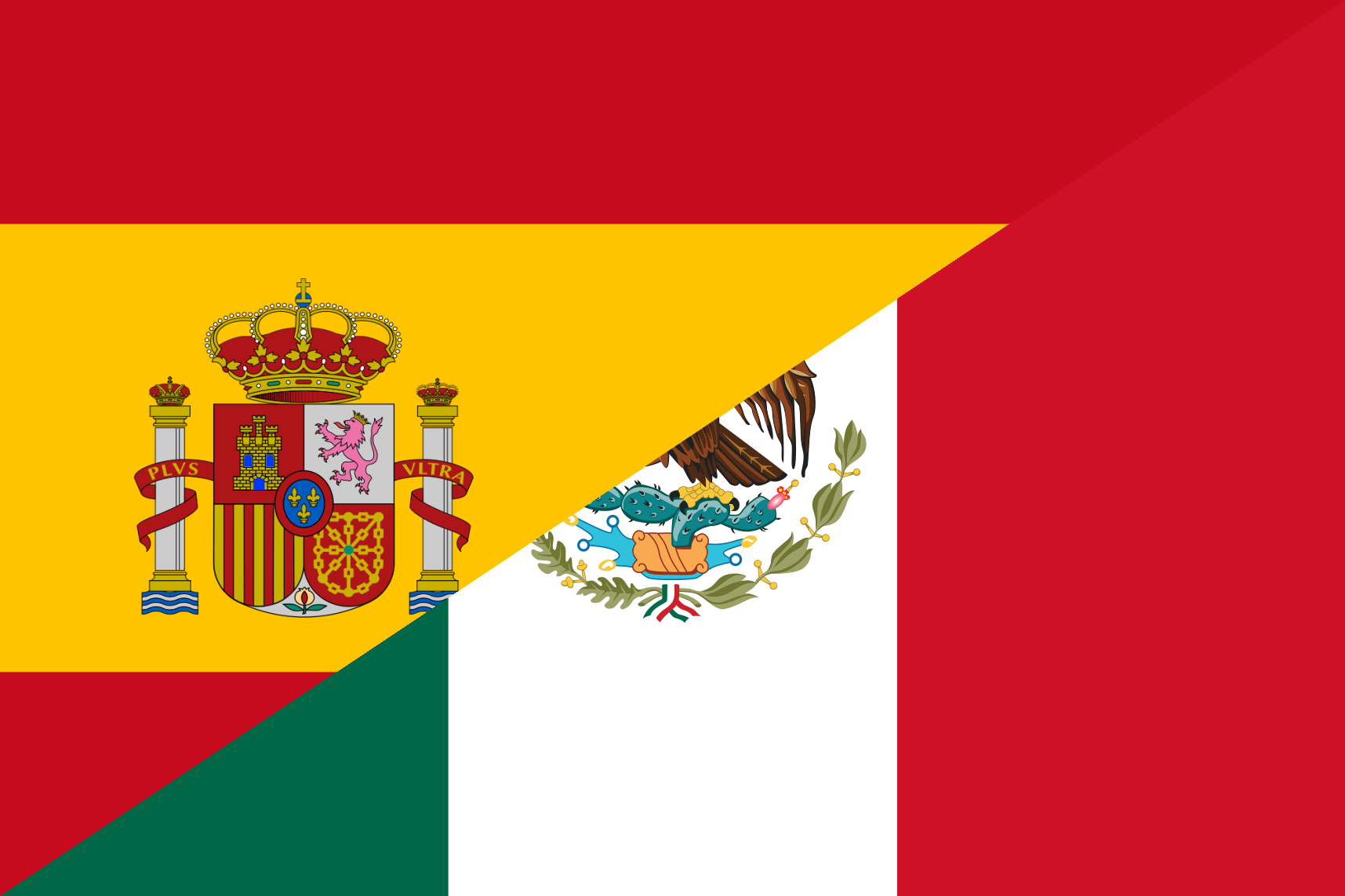llegar
Mane (Îngilîzî)
- (intransitive) to arrive, get (to)
- (intransitive) to get up to, to go up to, to reach (+ a or + hasta)
- (intransitive) to be sufficient; to be enough
- (intransitive) to manage (be successful)
Sînonîm
ir hasta
convertirse en
tener éxito
arribar a
llegar acá
llegar aquí
hacer su llegada
lograr alcanzar
lograr ser
desguindar
ayuntarse carnalmente
Pircarînî
Binavkirî wek
lle‧gar
Wekî (IPA) tê gotin
/ʝeˈɡaɾ/
Etîmolojî (Îngilîzî)
Inherited from Latin plicāre (“to fold”), ultimately from Proto-Indo-European *pleḱ- (“to plait, to weave”). The semantic shift over time from "to fold" is also found in some other Romance cognates, and may be linked to the idea of folding sails when arriving at a port, especially in Iberian Romance where naval tradition was strong. Compare Portuguese chegar; however compare also Romanian pleca (“to leave”), with the opposite meaning, possibly because there the word was associated with folding up tents and leaving. See also the Spanish doublet plegar (“to fold”). Another theory instead derives llegar from a Vulgar Latin plicāre as a regressive derivation from Classical Latin applicāre (“apply, add, attach, join to”). Cognate with English ply.
Bookmark this
Dest bi hînbûna spanî bi learnfeliz .
Axaftin û ezberkirina " llegar "û gelek peyv û hevokên din di spanî de pratîk bikin.
Biçe rûpela qursa me ya spanî
Notes
Sign in to write sticky notes
Hevokên
Otros cuatro 4 tripulantes , murieron en la costa sin llegar a ser tomados como prisioneros .
Fourar ekîba din, bêyî ku wekî girtiyan birin li ser peravê.

Questions

